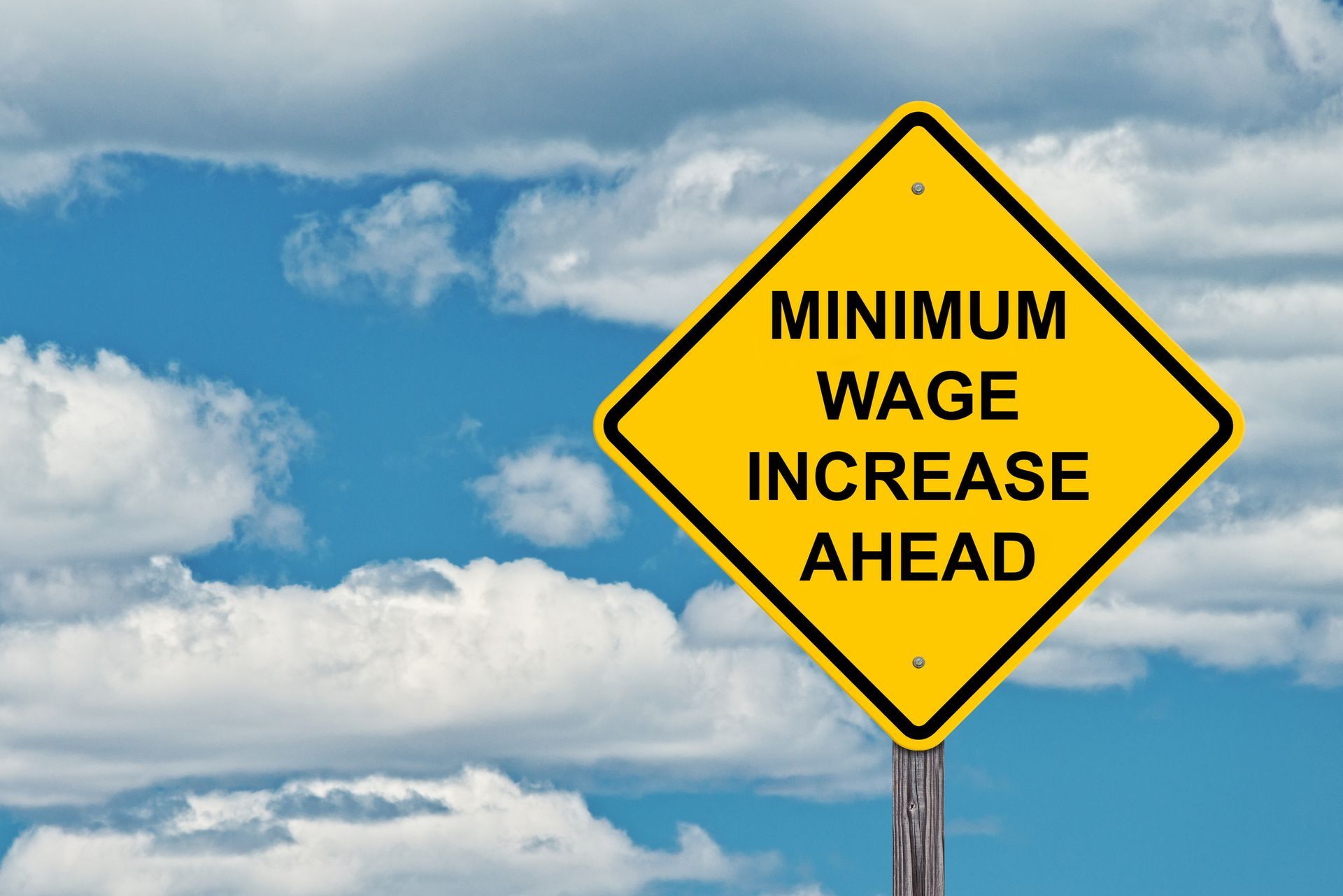Is it time to review drug driving laws?
Kells Lawyers • June 30, 2020
In 2006 legislation was introduced in New South Wales giving police the power to undertake roadside drug testing (RDT). Since its implementation the prevalence of RDT’s have significantly increased with the New South Wales Premier, Gladys Berejiklian, announcing that by the end of 2020 the police will aim to have doubled the 2018 RDT target from 100,000 annual tests to 200,000 tests .
The legislation underpinning drug driving creates an offence for a driver to be found to have a mere presence of prescribed illicit drug in their oral fluid, blood or urine . This is opposed to the impairment-based drink driving provisions which establish that a driver must meet a set threshold of blood alcohol concentration to have committed an offence.
The creation of a presence-based offence rather than an impairment-based offence has resulted in drivers registering historical positive readings without the driver showing any actual evidence of impairment to their driving. This raises questions whether the apparent road safety regime is more focused on the prohibition of illicit drugs than promoting safer roads.
Further, a 2019 study has brought the reliability of the tests under scrutiny after it was found that cannabis based RDT’s gave a false positive reading up to 16 percent of the time. This is an alarming statistic considering the harsh penalties that flow from any positive reading.
Following changes in May 2019 as part of the 2021 Road to Safety campaign, the current penalties available for first offence drive with the presence of illicit drugs are as follows:
1. Automatic 3 months licence suspension
2. $572 fine.
If the matter is dealt with by way of a future court attendance notice an individual faces the recording of a criminal conviction, six month licence disqualification and a maximum fine of $2,200.
Retired Local Court Magistrate, David Heilpern, was quoted in a recent interview that the driving laws in New South Wales are “completely nonsensical” as many people appearing before him were not affected by the illicit drugs found in their system. Mr Heilpern further stated he “thought the laws were so grossly unfair that I didn’t feel that I could continue to apply them” and partly attributed the laws to his early retirement from the bench after 21 years .
Considering the growing criticism of the laws surrounding drug driving in New South Wales it could be time for the regime to turn towards updated impairment-based testing to ensure the laws in fact promote safer roads in New South Wales.
In the meantime, if you have returned a positive reading to a RDT we encourage you contact our traffic and criminal law team. Our team is led by a former police officer and police prosecutor who has valuable knowledge of both sides of the law and knows best how to protect your rights. We are available 24 hours, 7 days a week and our first consultation is FREE.
Image Credit – Ambrozinio © Shutterstock.com

Kells has been delivering outstanding services and legal expertise to commercial and personal clients in Sydney and the Illawarra region for more than five decades. Our lawyers are savvy and understand your needs.
Subscribe
Want to get the latest articles and news delivered to your inbox?




